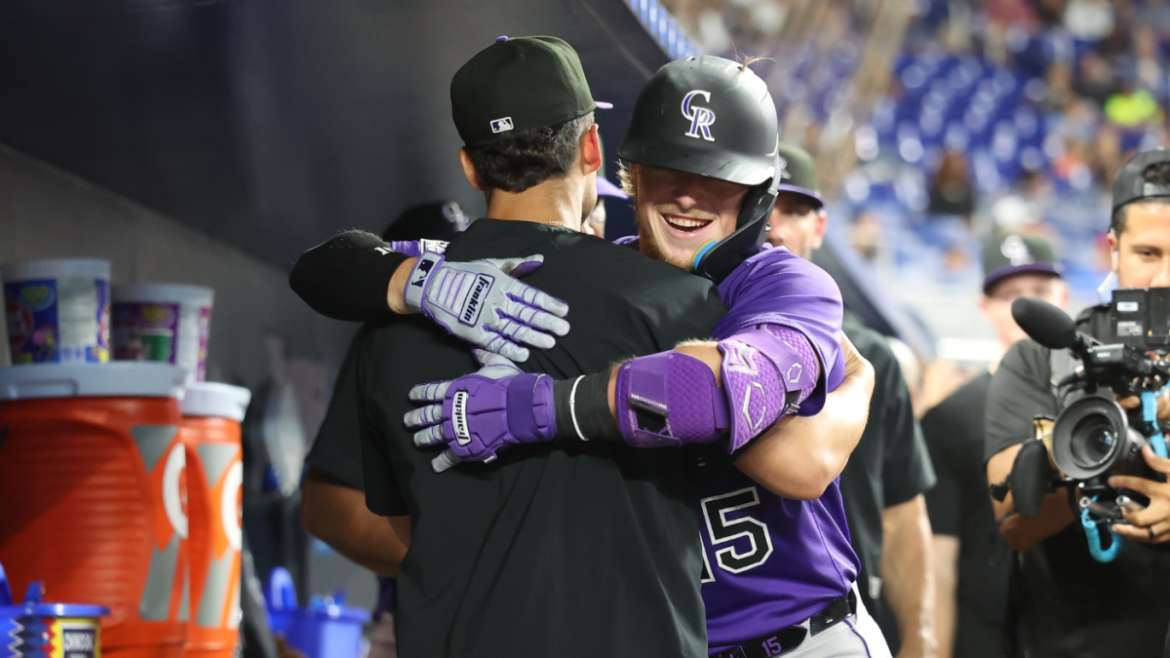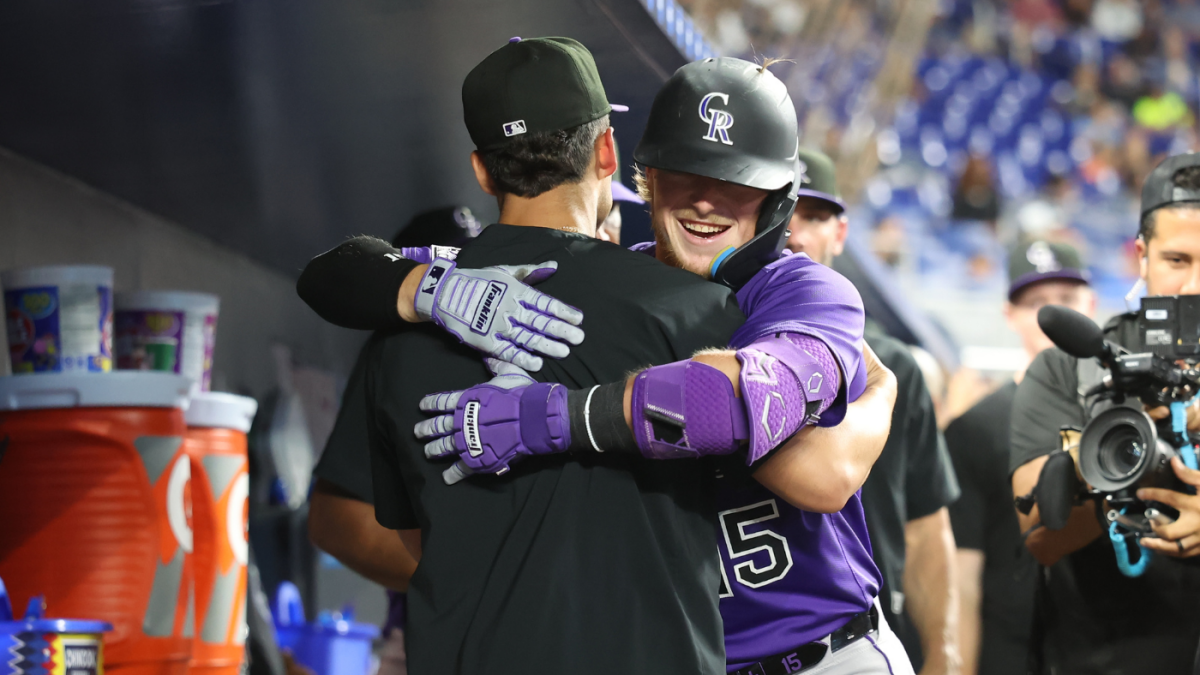The Colorado Rockies’ 2024 season stands as one of the most historically poor performances in Major League Baseball (MLB) history. Analyzing their struggles reveals a combination of pervasive issues that have led to record-setting losses, offensive ineptitude, bullpen failures, and organizational challenges. This report synthesizes recent developments, statistical data, and contextual insights to understand why this season unfolded as a disastrous chapter for the Rockies and what it signifies within the broader landscape of modern baseball.
Unprecedented Losing Streaks and Historical Benchmarks
The Rockies’ record as of early June stands at an abysmal 9-50 through 59 games, which marks the worst start ever recorded by any MLB team in the modern era (since 1901). Such a pace puts them on track to shatter previous all-time low benchmarks, including surpassing the infamous 1962 New York Mets’ 120-loss season and breaking the 2018 Baltimore Orioles and 2023 Detroit Tigers’ marks.
Several key historical milestones underscore this point:
– They reached 35 losses in just 42 games, the fastest ever in MLB history.
– They became the first team since 1900 to trail in every one of their opening 29 games.
– They matched or exceeded historically bad starts held by teams like the 1988 Orioles, 2003 Tigers, and the Chicago White Sox’s recent record-setting 41-121 season.
These extreme losses aren’t limited to team record alone but extend to game-by-game failures, such as multiple eight-game losing streaks through the first two months of the season and moving toward historic losing streak frequencies.
Offensive Woes: The Heart of the Struggle
The Rockies’ hitting statistics provide a glaring explanation for their poor results. Their offense, which was already suspect in previous years, has failed in nearly every measurable category:
– The team was outscored by over 128 runs through the first 40 games.
– They demonstrated an inability to sustain leads, as seen in a game where Colorado yielded a five-run advantage late and lost in extra innings.
– Their bats have been described as “torpedoed,” failing to rally consistently or produce timely hitting.
– The Rockies’ hits have been insufficient to reverse fortunes, culminating in months with single-digit wins.
One optimistic highlight in recent series against the Miami Marlins was a late solo home run by Hunter Goodman, contributing to the Rockies’ first series win of the season after a long drought. However, this win remains an outlier in a season otherwise defined by offensive futility.
Pitching Breakdown and Bullpen Collapse
The Rockies’ historical struggles extend beyond batting into the pitching staff, particularly their bullpen. The bullpen ERA stands at a staggering 7.44 in the ninth inning, where teams typically rely on their most reliable relievers to close games. This chronic inability to hold leads late in games has exacerbated losses and eroded team morale.
Specifically:
– The Rockies have consistently given up late-inning runs, including a game where the Miami Marlins scored five runs in the top of the ninth inning to complete a comeback.
– The inability to close out games has been a recurring theme, causing the Rockies to lose leads and drop games even when their starting pitching kept them competitive.
Their pitching staff’s collapse compounds the offensive shortcomings, creating a cycle of demoralizing in-game collapses.
Organizational Challenges and Management Responses
Beyond the on-field calamities, the Rockies face deeper structural issues within the franchise. Analysis points to a “doomed approach,” characterized by inadequate player development, questionable personnel decisions, and slow adaptation to evolving baseball strategies.
– The Rockies have optioned struggling players in response to prolonged losing streaks but have yet to find sustainable solutions.
– Ownership and management appear to be at odds or distant, with criticism directed at the apparent lack of decisive measures to arrest the free fall.
– The slow pace of change, historically a tendency for the Rockies, suggests a possible systemic resistance to aggressive rebuilding or restructuring.
Despite the historic losing environment, the franchise’s leadership has not indicated a clear turnaround strategy, amplifying concerns for long-term viability.
Comparing the Rockies to Other Historically Bad Teams
The Rockies’ 2024 season isn’t only bad in isolation; it signifies a new nadir in the comparison with other notoriously poor MLB teams:
– Their pace threatens to eclipse the 2023 Chicago White Sox, who previously set a modern record with 41-121.
– Unlike some historically bad teams that showed occasional sparks or gradual improvement, the Rockies appear entrenched in persistent failure.
– Statistical analysis suggests the Rockies’ run differential, pace of losses, and inability to hold leads align with an unprecedented low-level basement dweller in the sport.
This ongoing comparison reinforces the Rockies’ status not just as a bad team, but as potentially the worst behaving team in the annals of modern baseball history.
Silver Linings and Glimmers of Hope
Amid the bleak narrative, the Rockies have managed to end several losing streaks, including a recent series win against the Marlins and a few scattered victories to inch up past single digits in total wins. Hunter Goodman’s emerging role offers a young offensive spark, and the team physically remains competitive in certain games despite the losing record.
Moreover, the Rockies’ management hints at an awareness of needed change, though concrete steps remain to be seen. Building on these small wins and focusing on developing young talent could form a foundation for longer-term improvement, albeit after enduring what has been a grueling baseball season.
Conclusion: A Historic Low with an Uncertain Path Forward
The 2024 Colorado Rockies season is etched into baseball lore as one of the worst in history, marked by historically bad records, offensive futility, pitching collapses, and organizational inertia. Their rate of losses far outpaces most modern comparables, placing them as arguably the worst team ever in MLB’s modern era. While recent wins hint at some rectification, the scale of the challenge is immense.
This season forces reflection on the multiple dimensions of team-building, from roster construction and player development to leadership and mental resilience. For the Rockies, the road ahead demands not only statistical improvement but fundamental re-examination of organizational philosophy if they hope to escape the shadow of historical disgrace and restore competitive respectability in the seasons to come.





